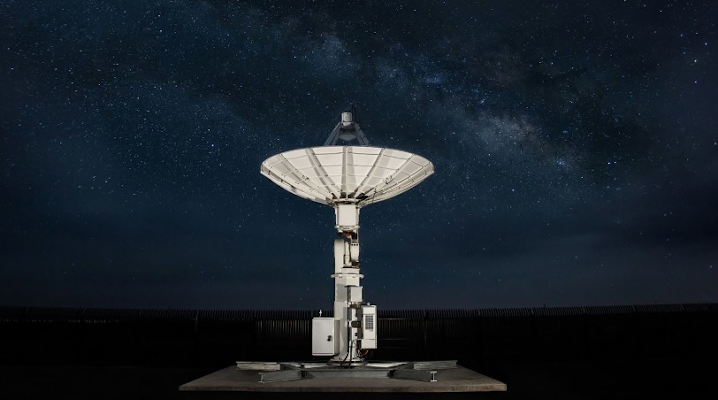 CLOUD
CLOUD
 CLOUD
CLOUD
 CLOUD
CLOUD
Amazon Web Services Inc. has appointed former White House official Peter Marquez as its first director of space policy, the latest sign of how big a focus the space sector is becoming for the cloud giant.
The news was first reported by CNBC this morning. Teresa Carlson, the vice president of AWS’ worldwide public sector and regulated markets business, confirmed the report in a subsequent tweet.
Marquez served as director of space policy for the White House’s National Security Council under Barack Obama and George W. Bush. He has also held senior positions in a number of private space-focused companies including Orbital Sciences Corp., a major aerospace manufacturer, where he was a vice president. Marquez also served in a vice president role at Planetary Resources Inc., a now-defunct asteroid mining startup whose technology was recently relaunched as an open-source project.
“There are many exciting things happening in the space community and this is going to be awesome,” Marquez reportedly wrote this week in a LinkedIn post cited by CNBC.
AWS’ first big jump into the space market was the 2018 introduction of AWS Ground Station, a network of terrestrial antennas that government agencies and companies can use to communicate with their satellites. In June, the cloud provider expanded its efforts by forming a dedicated aerospace business unit. On top of supporting satellite-related initiatives, AWS is reportedly seeking to work with customers pursuing projects in other areas including rocket launches, human spaceflight and robotics.
The launch of the aerospace unit was accompanied by a high-profile appointment. AWS named Retired Air Force Major General Clint Crosier, former director of Space Force Planning at the U.S. Space Force, as the head of the unit.
AWS’ efforts to win more business from space sector customers comes as parent Amazon.com Inc. also works to establish itself in this market. The company recently announced plans to spend no less than $10 billion on Project Kuiper, an internal initiative that seeks to deploy thousands of internet satellites in low-Earth orbit to provide broadband services. Project Kuiper may put Amazon in direct competition with Elon Musk’s SpaceX Corp., which is also building a low-Earth orbit internet constellation.
AWS could play a central role in its parent company’s efforts to take on SpaceX. The infrastructure AWS has built for the Ground Station antenna service, the experience it will gain from customer projects and any future aerospace products the cloud provider launches all have the potential to be useful for Amazon’s space push.
Support our mission to keep content open and free by engaging with theCUBE community. Join theCUBE’s Alumni Trust Network, where technology leaders connect, share intelligence and create opportunities.
Founded by tech visionaries John Furrier and Dave Vellante, SiliconANGLE Media has built a dynamic ecosystem of industry-leading digital media brands that reach 15+ million elite tech professionals. Our new proprietary theCUBE AI Video Cloud is breaking ground in audience interaction, leveraging theCUBEai.com neural network to help technology companies make data-driven decisions and stay at the forefront of industry conversations.